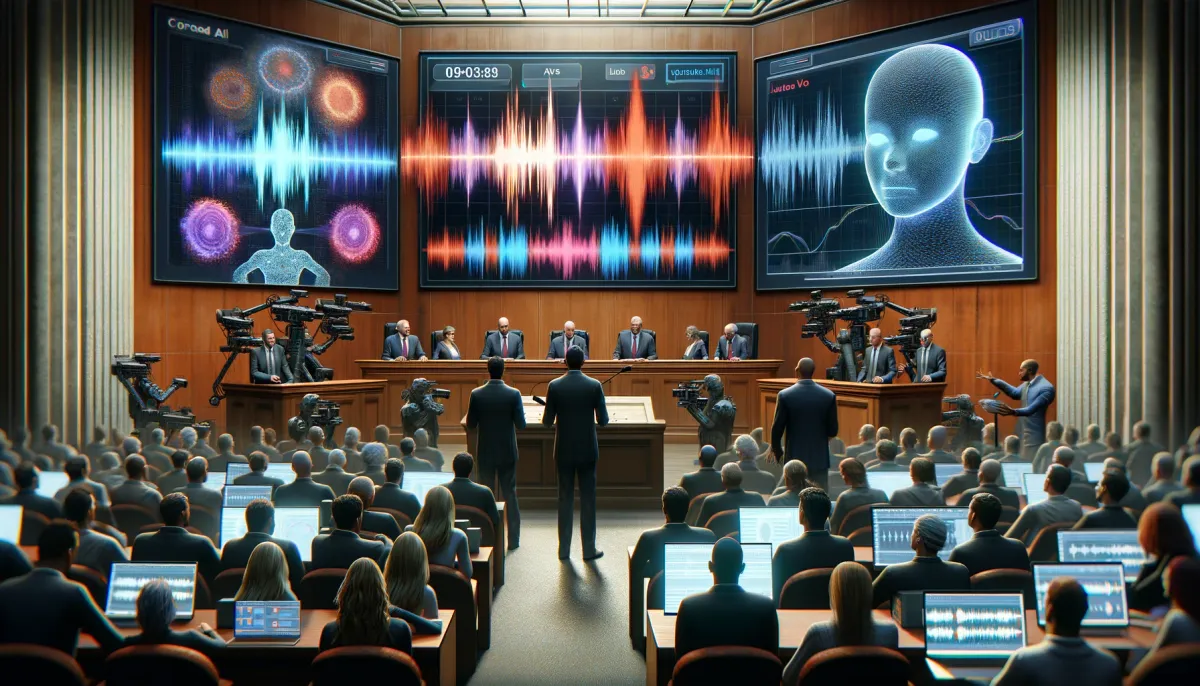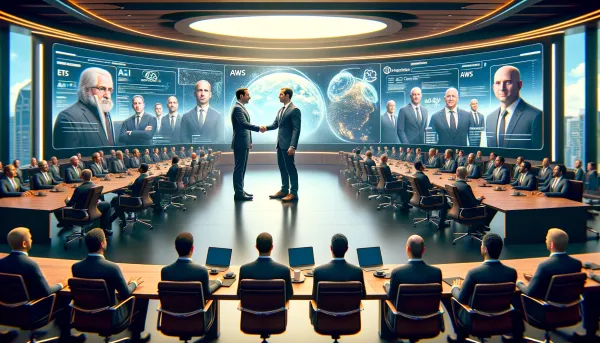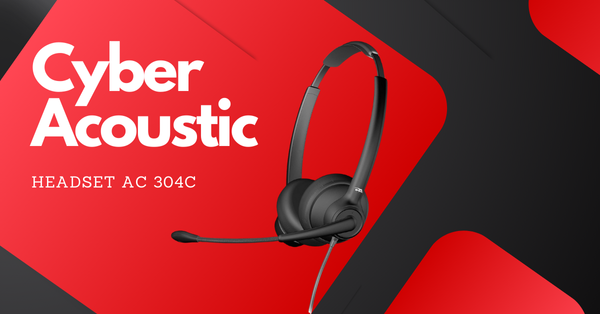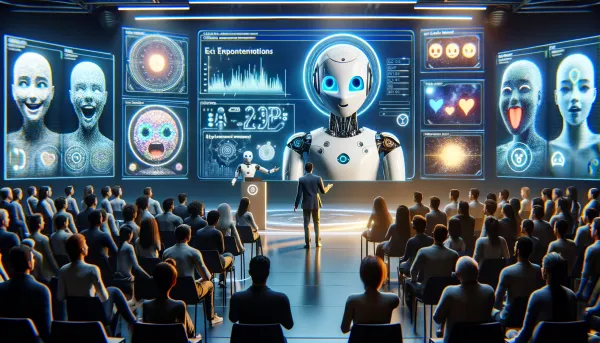When Your Voice is Not Your Own: The Battle Over AI and Voice Theft
Suing for Voice Theft: Voice actors take legal action against AI firm for unauthorized use of their voices. Explore the implications.

The Intricacies of Voice Theft in the AI Era
In an emerging battlefront within the tech industry, voice actors Paul Lehrman and Linnea Sage have taken a bold step by suing Lovo, an AI firm they accuse of misappropriating their vocal identities. Their lawsuit, lodged in the Southern District Court of New York, signifies a potentially transformative clash between human creatives and the algorithms that can echo them indefinitely. Lehrman’s unsettling discovery of his voice on a YouTube video and a podcast—platforms he never contributed to directly—sparked this legal challenge. Similarly, Sage encountered her own voice in a video meant solely for a Lovo investor presentation. The core of their legal battle lies in their claim that Lovo, under the guise of simple voice sample collection for benign purposes, captured their vocal personas to create and monetize AI-generated voice clones without proper consent or compensation.
What's at Stake: Copyrights, Careers, and Credibility
The alarm raised by Lehrman and Sage echoes wider concerns in the creative community about AI technologies’ capability to replicate human output without clear legal boundaries. This lawsuit adds to a crescendo of voices questioning how AI firms harvest and use large data sets—here, vocal recordings—to potentially undermine the very careers they drew from. Artists, writers, and now voice actors, confront the real possibility that AI could replace them, armed with their own voices or styles. For Lehrman and Sage, the betrayal was twofold; not only were their voices used without ongoing consent, but the terms disclosed to them were allegedly falsified. Positions advertised on gig platforms like Fiverr promised confidentiality and limited use of the voice samples— stipulations starkly at odds with their voices echoing over the internet, stripped of personal control and ongoing remuneration.
Broader Implications for AI Ethics and Ownership
This case punctuates a crucial question in our digital era: Who truly owns a voice? If a person’s voice can be digitally replicated, who controls its use, and who benefits from its application? In pursuing more than $5 million in damages and an injunction against Lovo, Lehrman and Sage are not just seeking recompense but are also advocating for legal precedents that protect voice actors from similar exploitation. Their fight underscores a pressing need for regulatory clarity around the ethical use of synthetic media. For businesses leveraging AI voice technology, the lawsuit serves as a cautionary tale highlighting the importance of transparency and ethics. Misrepresenting the use of human-like AI voices not only harms the original voice owner but could jeopardize the deploying company's reputation and legal standing.
Reflections for the Tech Community
This unfolding legal drama invites our tech community to reflect: How do we balance innovation with integrity? As technology capable of mimicking human nuances proliferates, ensuring that these tools enhance rather than exploit human talents becomes paramount. Are we, as a community, willing to trade authenticity for automation? Or should boundaries be strictly managed to respect original creators? Businesses, developers, and end-users alike must grapple with these issues, sparking important discussions about the ethical deployment of AI tools.
Conclusion
As the case against Lovo develops, its outcomes could set precedents impacting not only voice actors but all creatives whose work could be digitally cloned. This lawsuit highlights a critical junction in tech evolution, emphasizing the urgent need for laws that keep pace with technological capabilities to ensure fairness, respect, and justice in digital and creative realms. As technology continues to evolve, so too must our understanding and regulations surrounding these advances. The challenge laid down by Lehrman and Sage might provoke more than just legal changes; it may well inspire a shift in how we conceptualize and interact with the very essence of human creativity replicated by machines.




